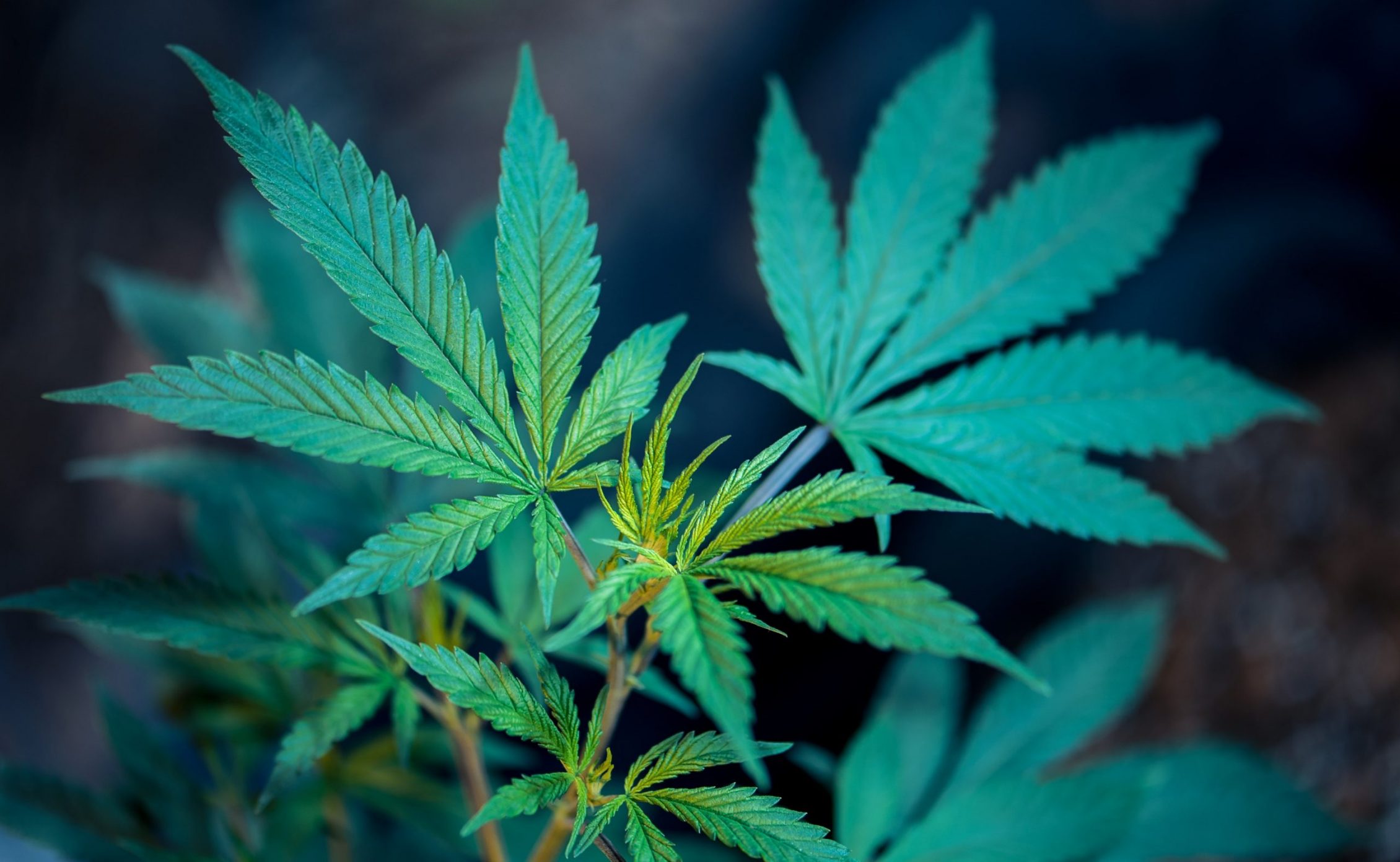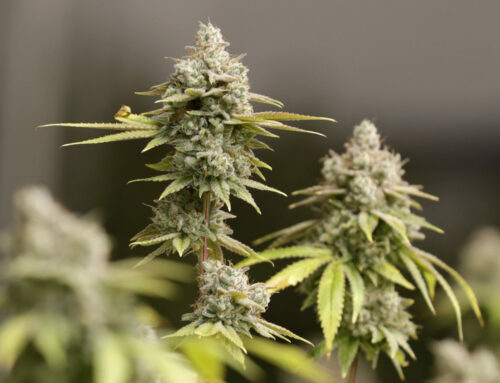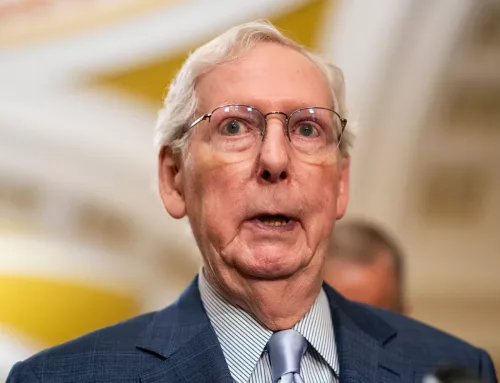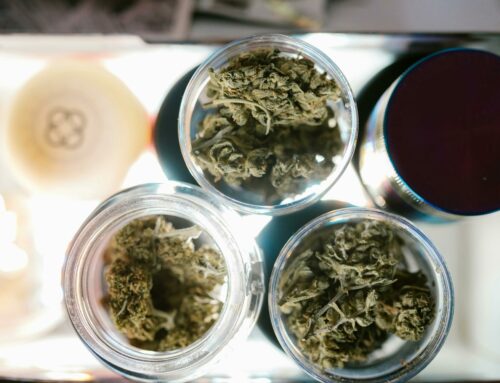The State of Nationwide Cannabis Legalization: How Close Are We?
We are in a watershed moment for the cannabis plant. 37 states have legalized possession in some form, be it medical or adult use. And while it remains illegal on the federal level, those days may soon be coming to an end.
On July 13th, Senate Majority Leader Chuck Schumer, along with Senators Cory Booker and Ron Wyden, introduced the Cannabis Administration & Opportunity Act (CAOA) which would effectively legalize cannabis nationwide. The bill, which would remove the plant from the Controlled Substances Act, has bipartisan support but it’s unclear whether it has enough votes to pass on its freshman effort.
Evan Nison, the founder of NisonCo PR and the youngest member of the NORML Board of Directors, believes the introduction of the bill is a step in the right direction but stopped short of predicting its success.
“The fact that the US Senate Majority Leader is helping lead the effort to legalize cannabis is undoubtedly one of the strongest indicators yet that this is a mainstream, politically viable issue on the federal level,” he told Highly Capitalized via email.
“To me, it seems like this is an uphill but very winnable battle. It may not happen this year, or even next, but I do think we’ll see federal legalization within the next four or five years.”
The CAOA does not set up a unified cannabis market; instead, individual states would be permitted to set their own regulations. Interstate commerce would be permitted, and access to traditional banking would increase. The bill also calls for the creation of equity grants, bolstered research, and the expungement of certain types of nonviolent cannabis criminal records.
Some industry experts questioned the taxation segment of the bill, which calls for an initial 10% federal tax on cannabis products. This percentage would steadily increase, reaching 25% within five years. While these numbers only apply to large-scale, non-equity operations, the potential sticker shock at the register may dissuade consumers from the regulated market, an issue many legal markets are currently facing.
Nison disagreed with this sentiment, arguing that supply chain improvements that would occur with legalization would level the playing field.
“I predict that federal legalization will naturally decrease cannabis prices in most of the country,” he stated. “The ability to cross state borders should allow the supply to even out, so there are not some states with surpluses and some with a shortage. There will also be more significant economies of scale and likely even cannabis imports. In my opinion, the federal taxes in this bill will likely be outweighed by the other natural reduction in prices caused by federal legalization.”
Despite Vice President Kamala Harris’ campaign trail assertion that the decriminalization of cannabis was a priority, the Biden administration has so far remained silent on the bill. Many have criticized the firing of several White House staffers earlier this year over past cannabis use, a perceived mixed message to the industry.
“The President still hasn’t voiced his support and he seems to be pushing back on legalization,” Nison lamented. “It’s important that he understands that this issue matters to voters and it’s something they’ll be considering when they go to the polls.”



































